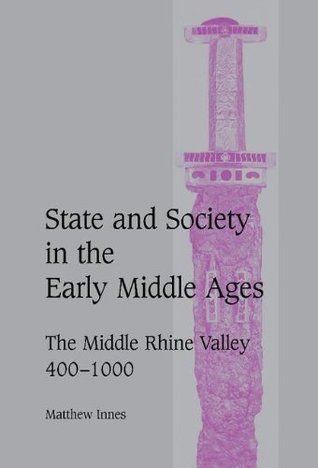The more we look at local leaders, the more it becomes clear that legalistic constitutional ideas about delegated rights of command simply do not explain the realities of power. In the localities, we meet forms of political leadership which were inherently personal, resting on one-to-one obligation and the recognition of transcendent moral qualities. Power, deeply unequal in its distribution within a profoundly hierarchical society, rested in reciprocity. It depended on informal channels of moral obligation and social pressure, not constitutional positions.25
Welcome back. Just a moment while we sign you in to your Goodreads account.


